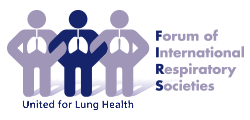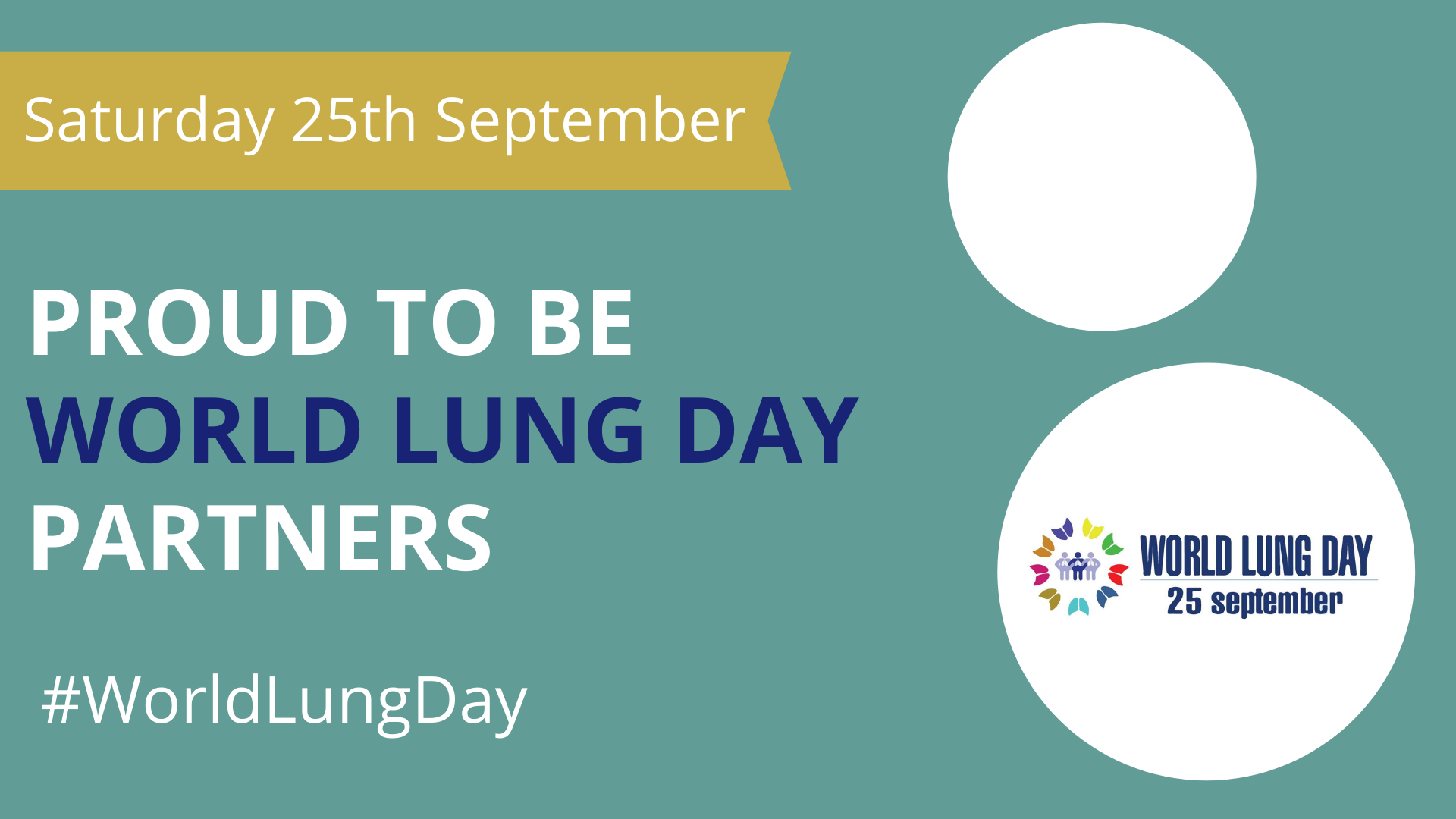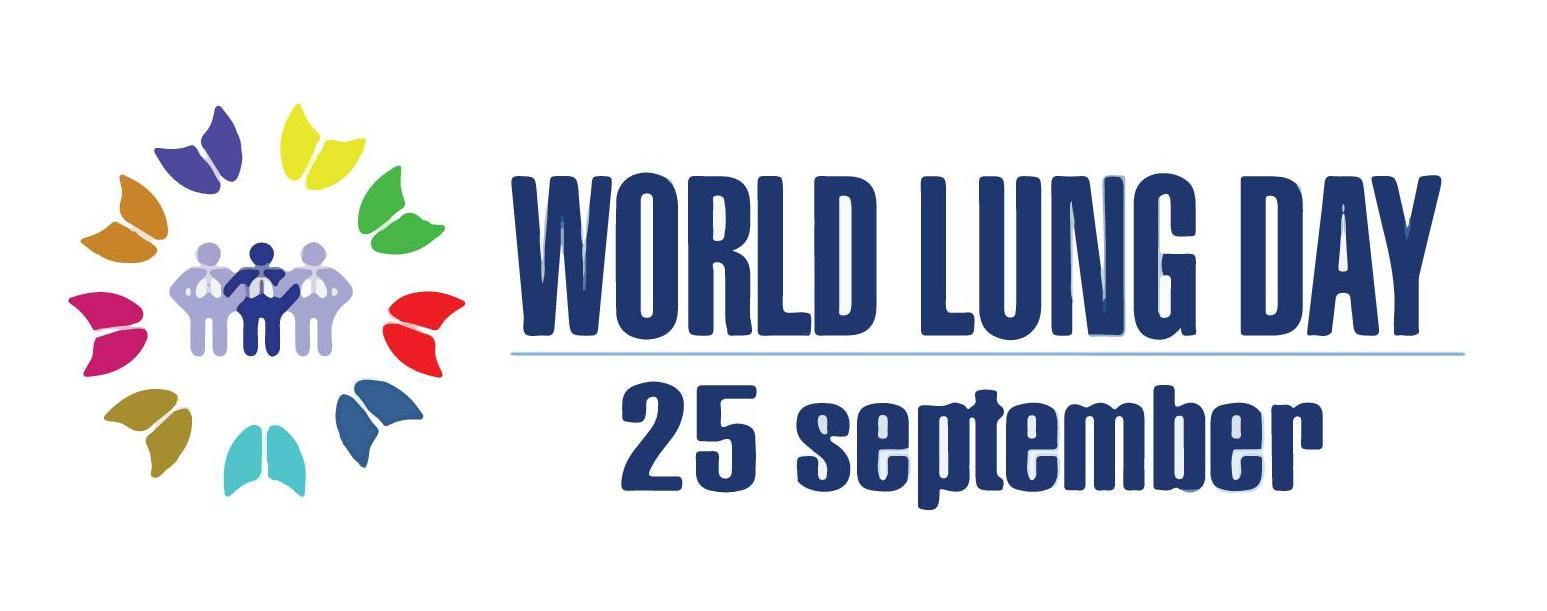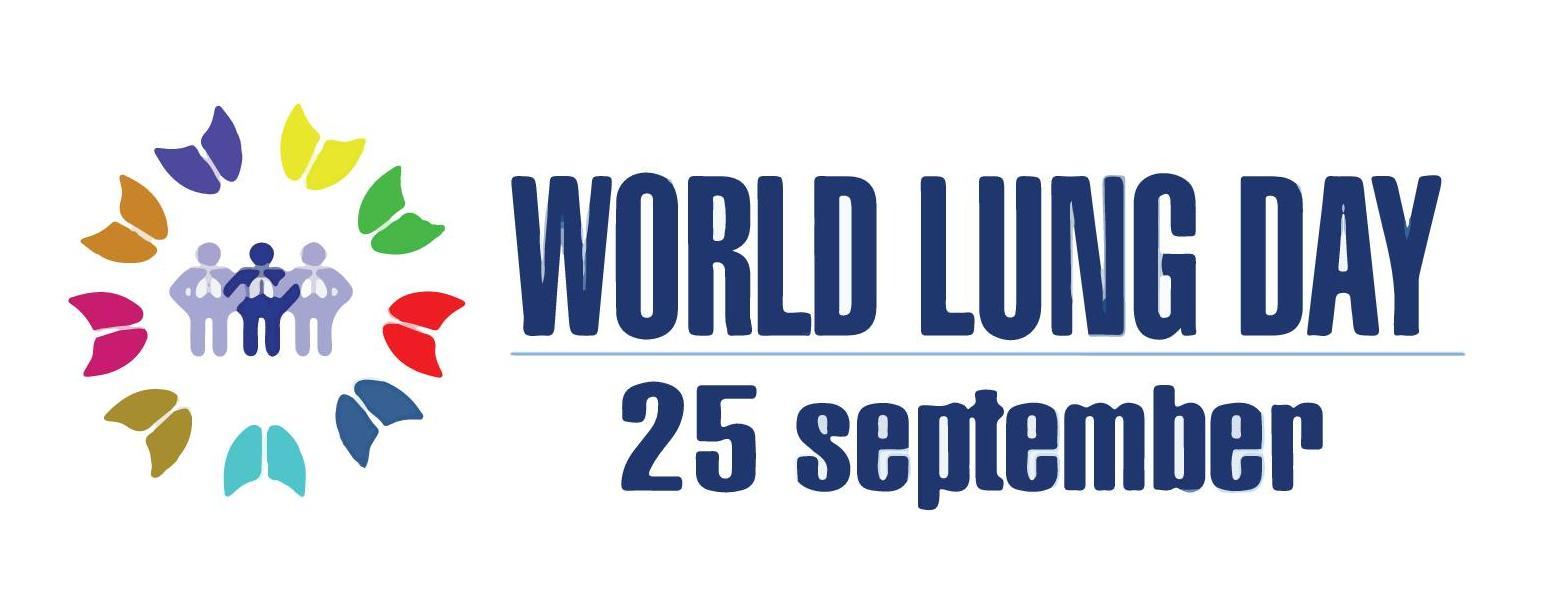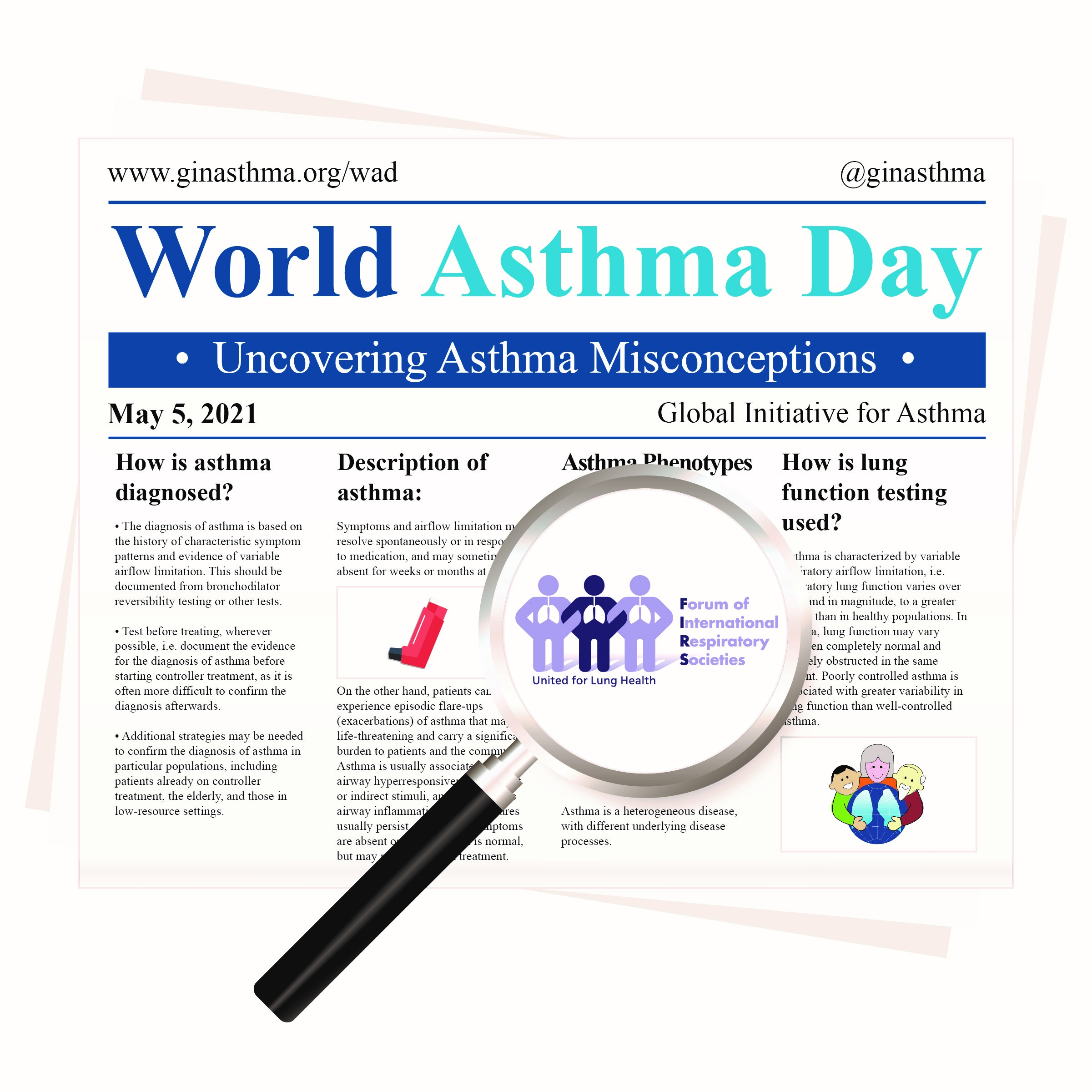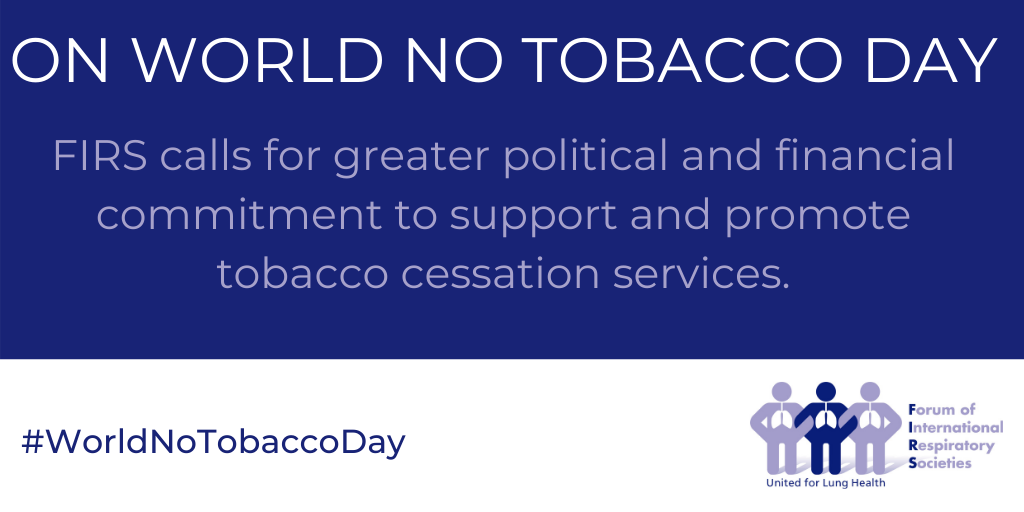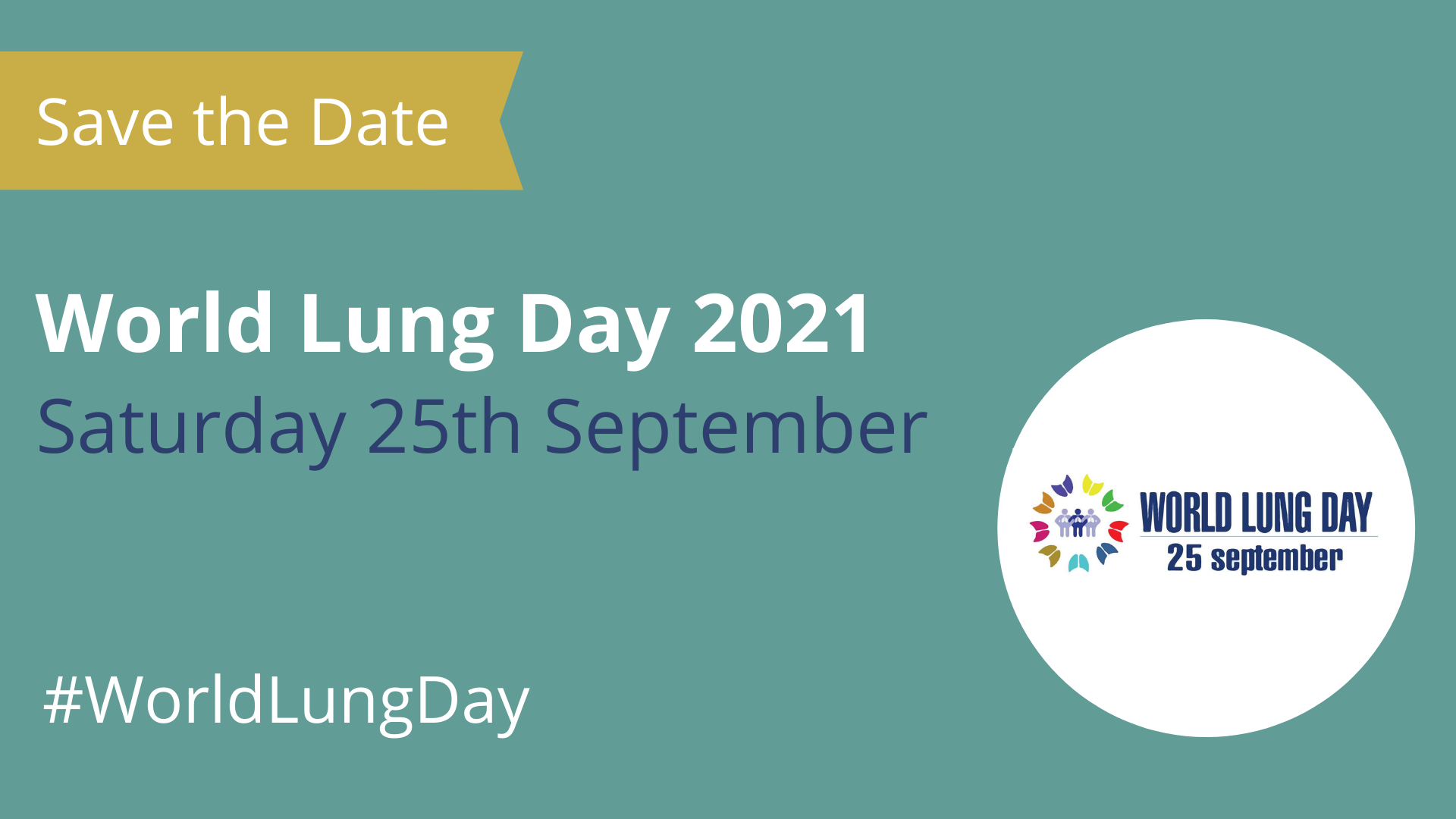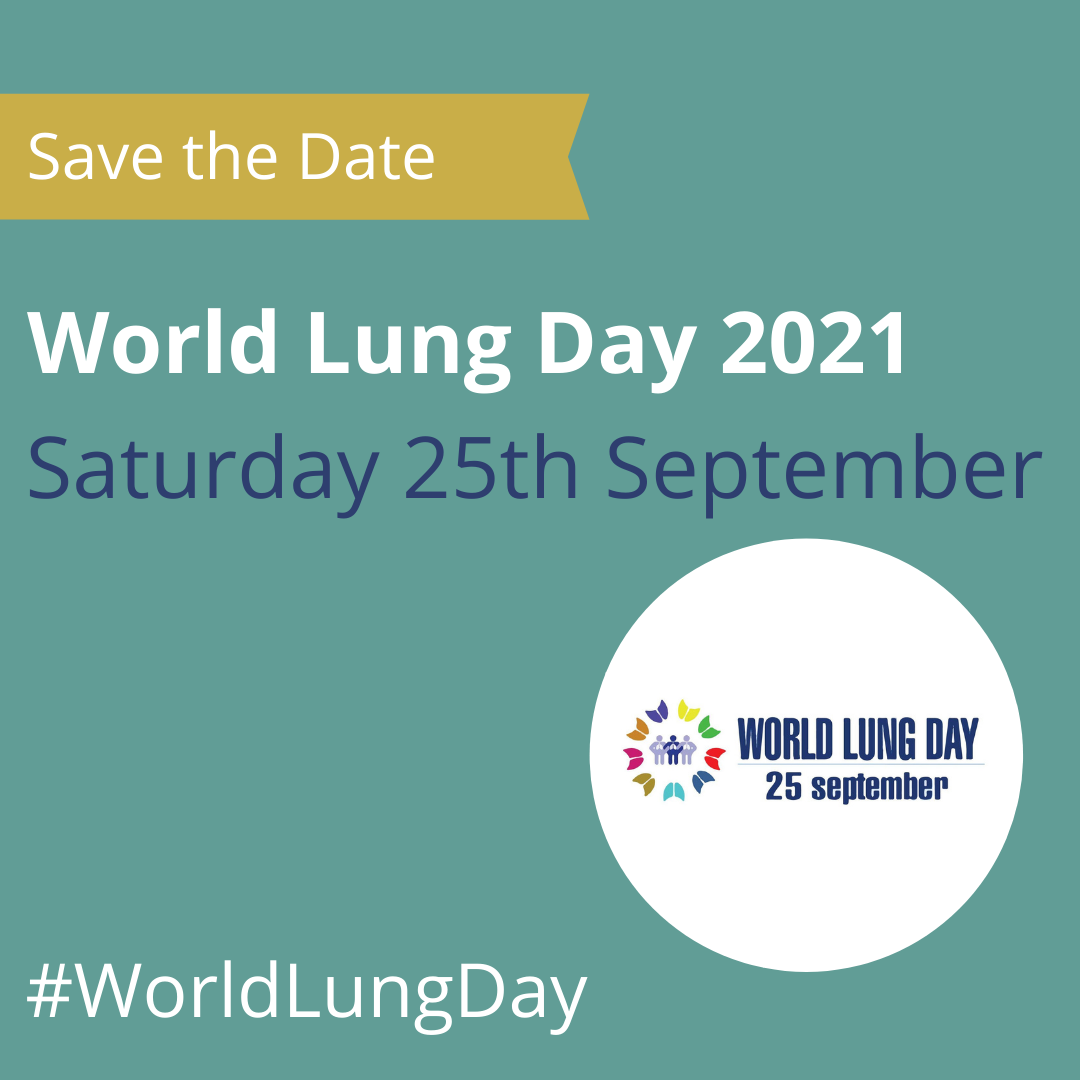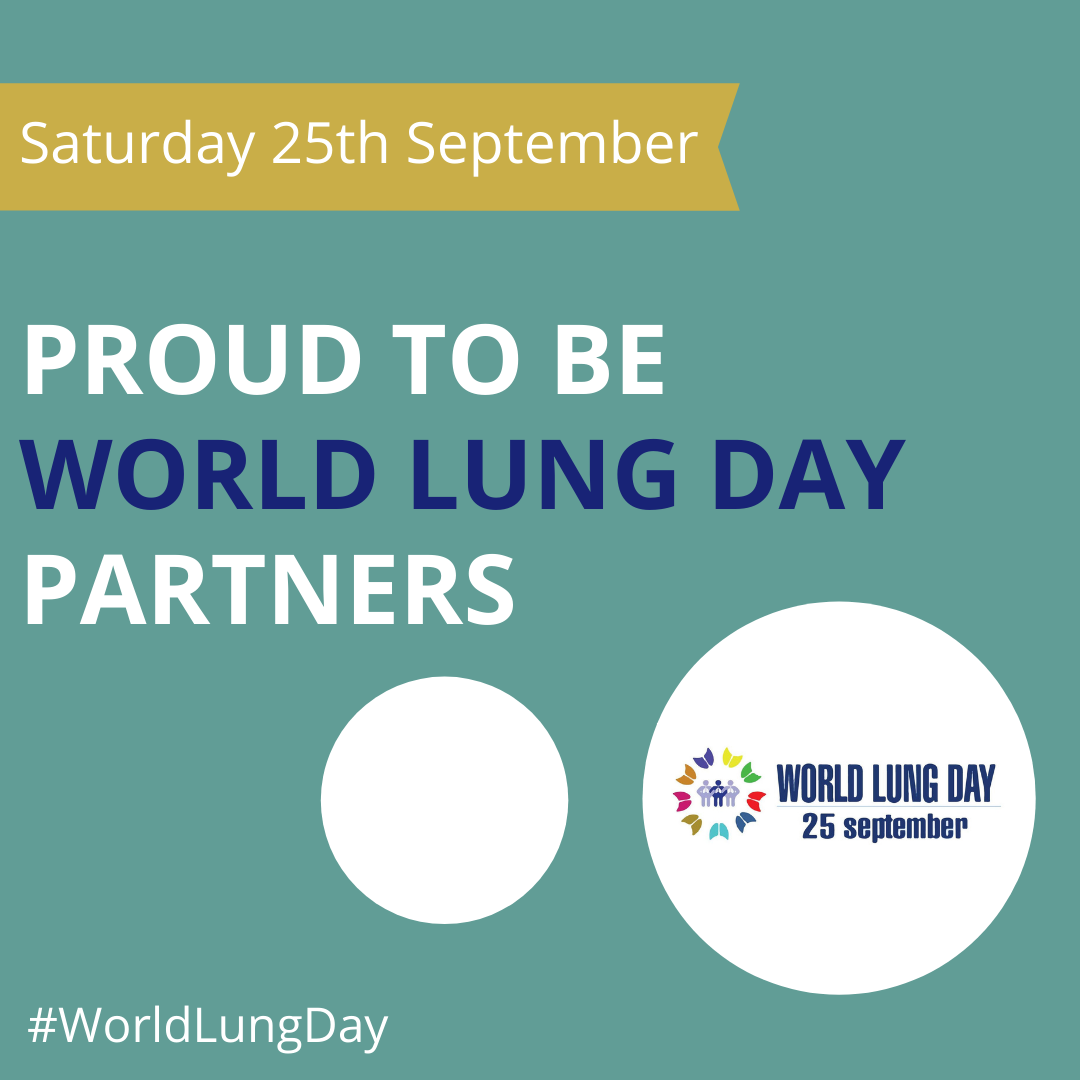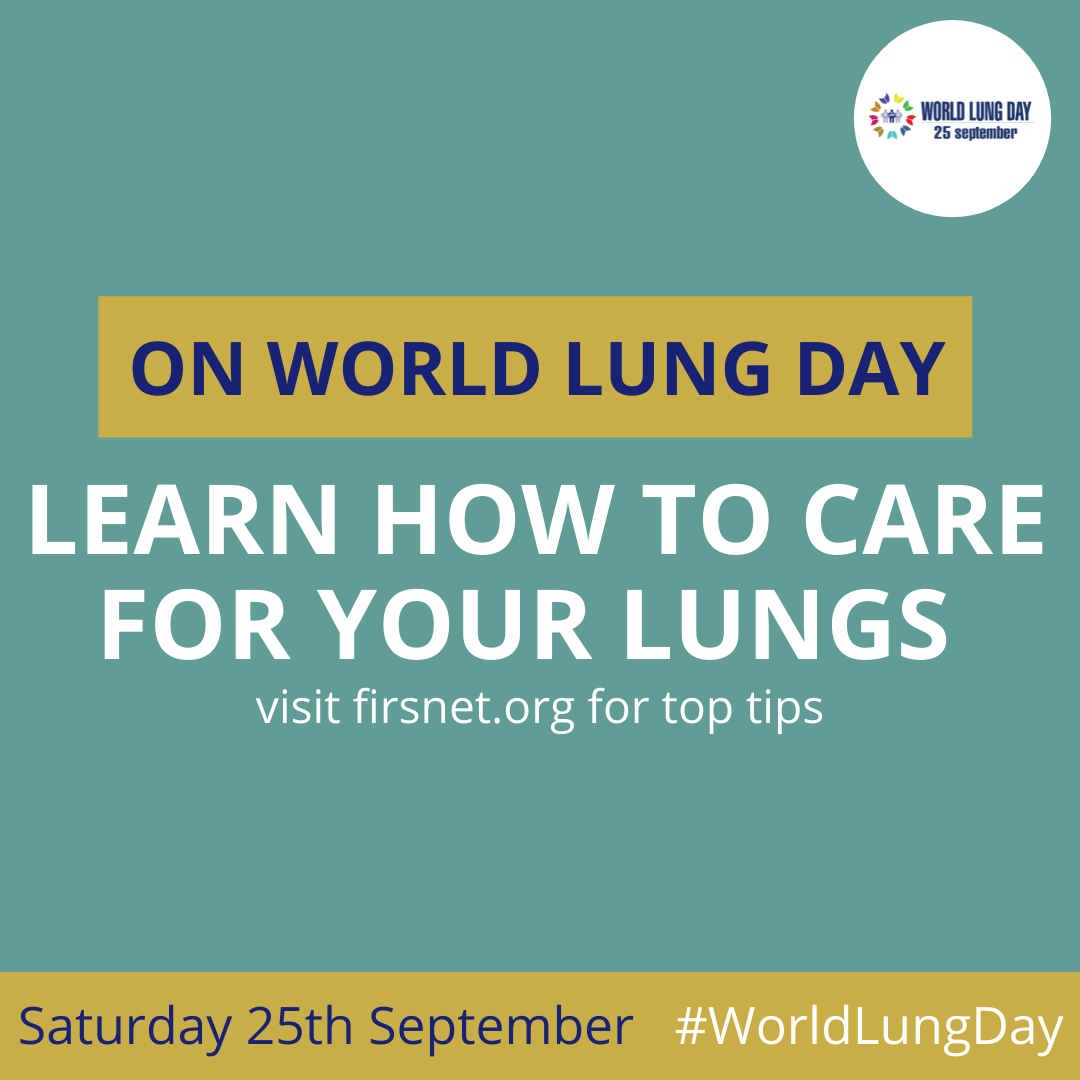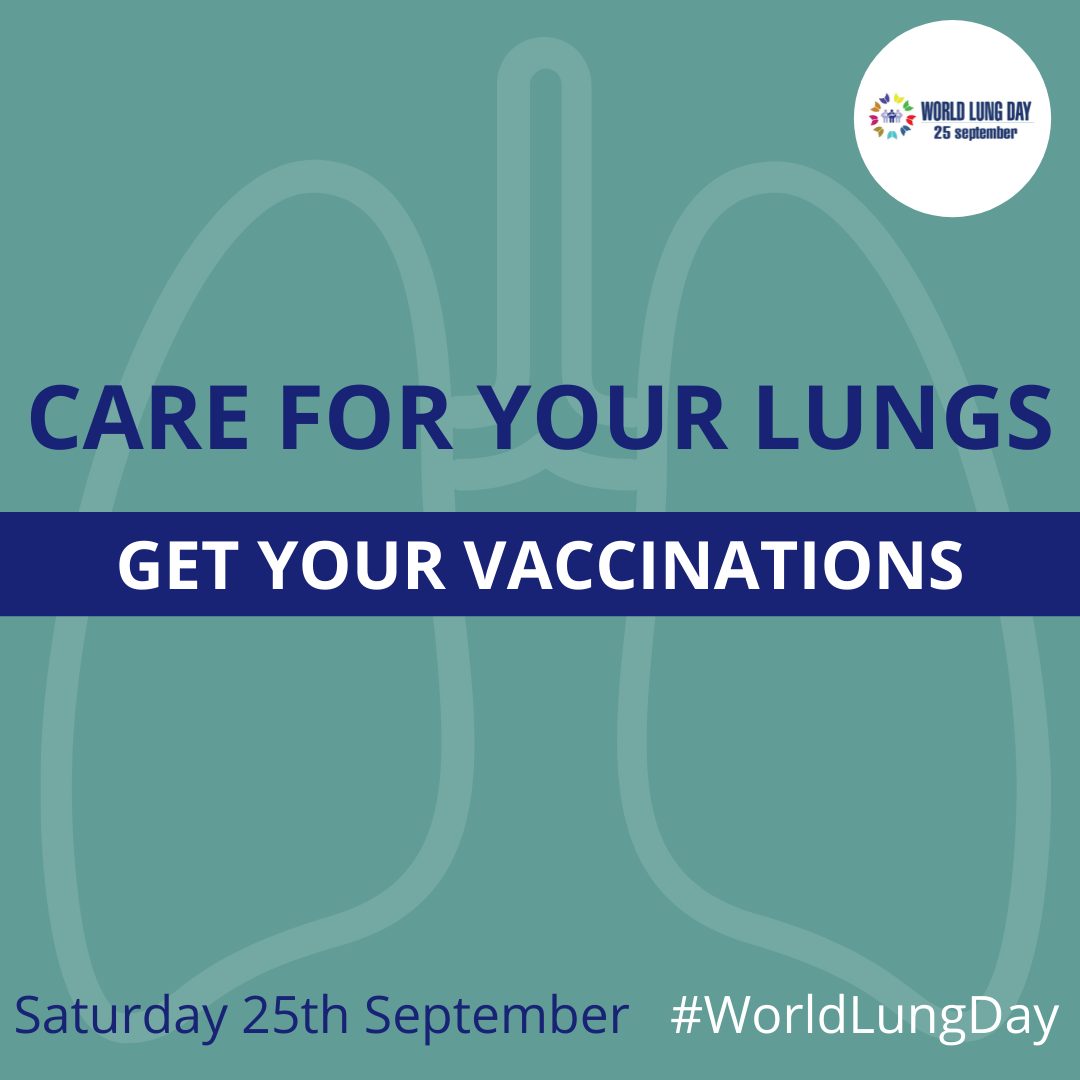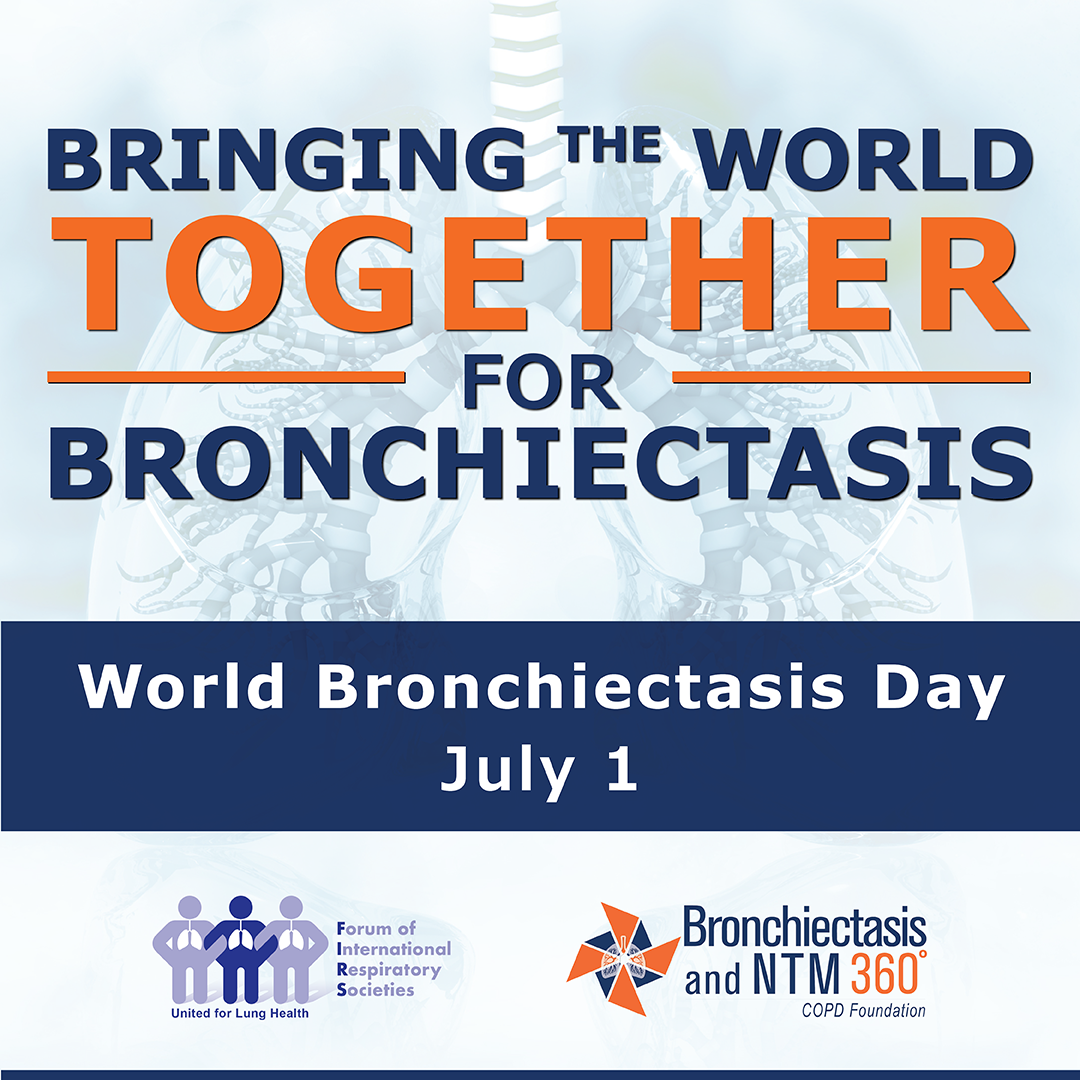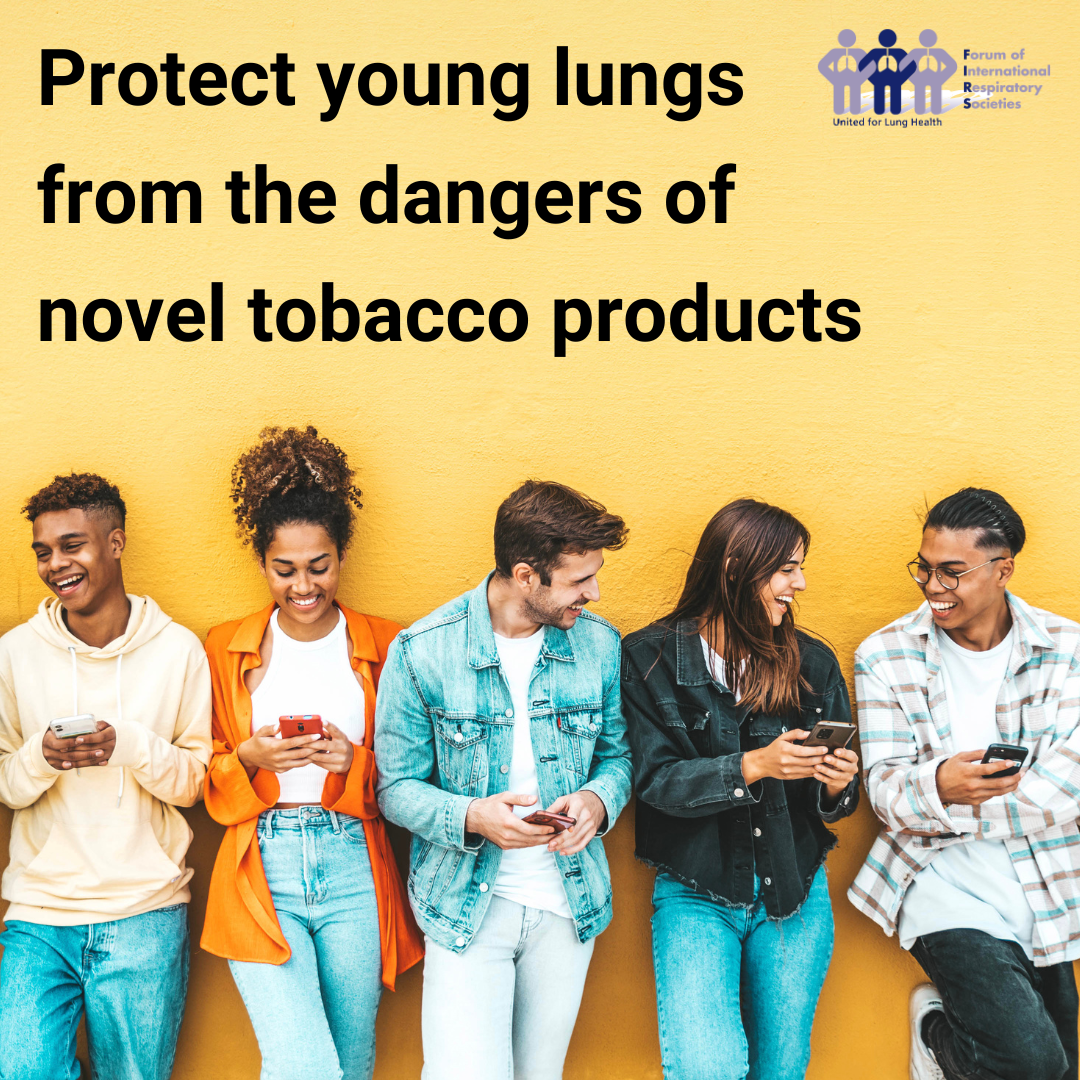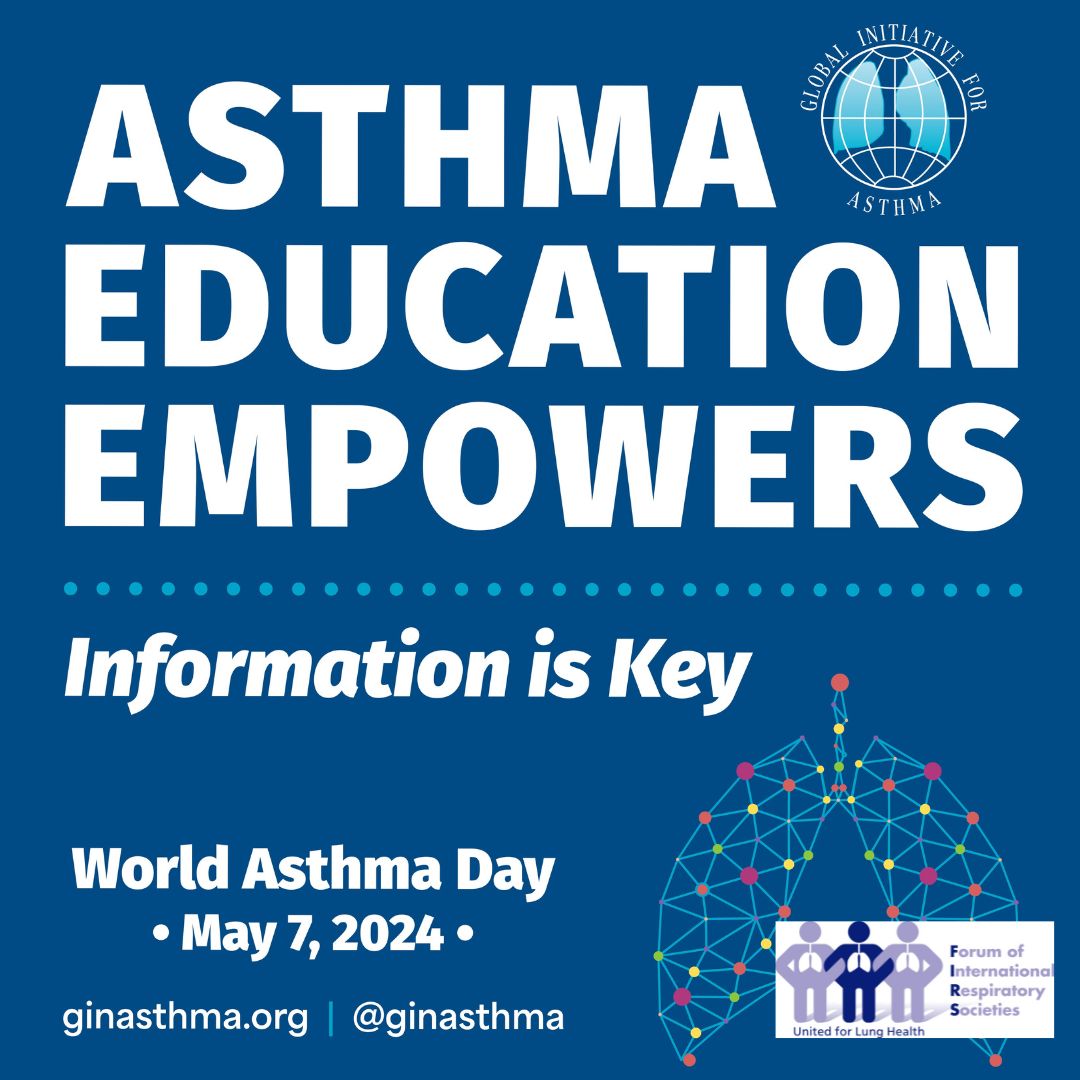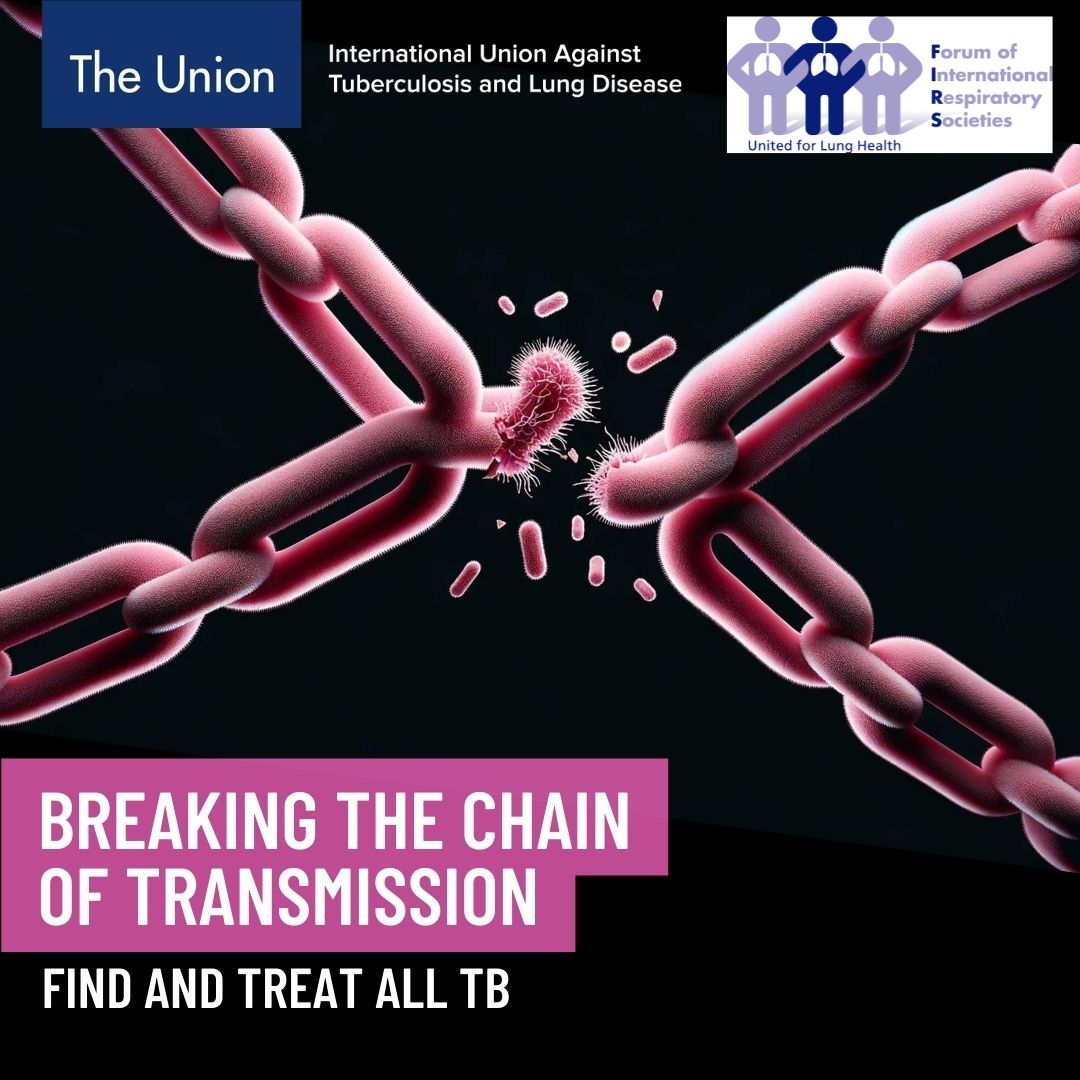On World Lung Day FIRS calls for global investment in respiratory health
Respiratory diseases a leading cause of death worldwide, despite being preventable and economical to treat.
Embargoed 25 September 2021: Cape Town, Glenview, Lausanne, Montevideo, New York, Paris, Tokyo
Today, on World Lung Day (WLD), members of the Forum of International Respiratory Societies (FIRS) and WLD partner organisations are calling for respiratory health to be a top priority in global decision-making beyond the COVID-19 pandemic.
According to the Global Impact of Respiratory Disease report, launched today, despite cost-effective health interventions being available, respiratory diseases remain a leading cause of death and disability. Nearly 200 million people, or 4% of the world’s population, have COPD and 3.2 million die of it each year, making it the third-leading cause of death worldwide.
In the context of the current global COVID-19 pandemic it is easy to overlook the lethality and disabling impacts of ongoing respiratory illnesses. For example, even in a ‘normal’ year asthma affects more than 350 million people and is the most common chronic disease of childhood worldwide. Pneumonia kills more than 2.4 million people annually and is a leading cause of death among children younger than five and adults older than 65. More than 10 million people develop TB and 1.4 million die of it each year, making it the most common lethal infectious disease next to the COVID-19 pandemic.
The current COVID-19 pandemic has claimed the lives of more than 4.5 million people, largely from respiratory causes.
Lung cancer kills 1.8 million people each year. In addition, there is a need to tackle air pollution, with at least 2.4 billion people exposed to indoor air pollution, and 90% of all people breathing outdoor air that exceeds WHO guideline limits, especially in low- and middle-income countries. More than 1.3 billion people are exposed to tobacco smoke.
“It is urgent to place acute and chronic respiratory diseases on the high priority list of actions at every level and change the future of respiratory and general health worldwide”, says Mark Cohen, President FIRS 2021-2022.
“Interventions to prevent and treat respiratory diseases are among the most cost-effective available—a “best-buy” in the view of the WHO. Genuine investment in respiratory health will pay exponential dividends in longevity, healthy living days, and national economies.”
FIRS calls for these essential actions to reduce the burden of respiratory disease and improve global health:
- Improve awareness among the public and policy makers that respiratory health is vital to global health and that childhood respiratory disease has long-term negative consequences on adult health.
- Reduce, and then eliminate, use of all tobacco and smoking products.
- Adopt and adhere to WHO standards, at a minimum, to reduce ambient, indoor, and occupational air pollution for all countries.
- Implement universal access to quality health care, including the availability of affordable, quality-assured, essential medicines, oxygen and universal coverage for all effective childhood and adult immunizations including vaccinations for COVID-19.
- Improve the prevention and early diagnosis of respiratory diseases.
- Increase education and training of health-care professionals in respiratory disease worldwide.
- Standardize the monitoring and reporting of respiratory diseases to enable development of better-informed national strategies through WHO and governmental and nongovernmental organizations programs.
- Boost funding for respiratory research to develop programs, tools, and strategies to better prevent and treat respiratory diseases
Significant progress on these issues will help to eliminate respiratory diseases from the top 10 leading causes of death in the world.
About World Lung Day
World Lung Day is an annual lung health awareness day, occurring yearly on 25 September. To date nearly 200 organisations and many more individuals support WLD through lung heath advocacy and action. This year, with respiratory health firmly in the spotlight, it is a great opportunity to raise awareness of the burden of respiratory disease. To learn more about World Lung Day and download the fact sheet, graphics go to the World Lung Day Toolkit.
The Forum of International Respiratory Societies (FIRS) is an organisation comprised of the world's leading international respiratory societies working together to improve lung health globally: American College of Chest Physicians (CHEST), American Thoracic Society (ATS), Asian Pacific Society of Respirology (APSR), Asociación Latino Americana De Tórax (ALAT), European Respiratory Society (ERS), International Union Against Tuberculosis and Lung Diseases (The Union), Pan African Thoracic Society (PATS), Global Initiative for Asthma (GINA), and the Global Initiative for Chronic Obstructive Lung Disease (GOLD). The goal of FIRS is to unify and enhance efforts to improve lung health through the combined work of its more than 70,000 members globally.
Media contact: Fiona Salter This email address is being protected from spambots. You need JavaScript enabled to view it.
